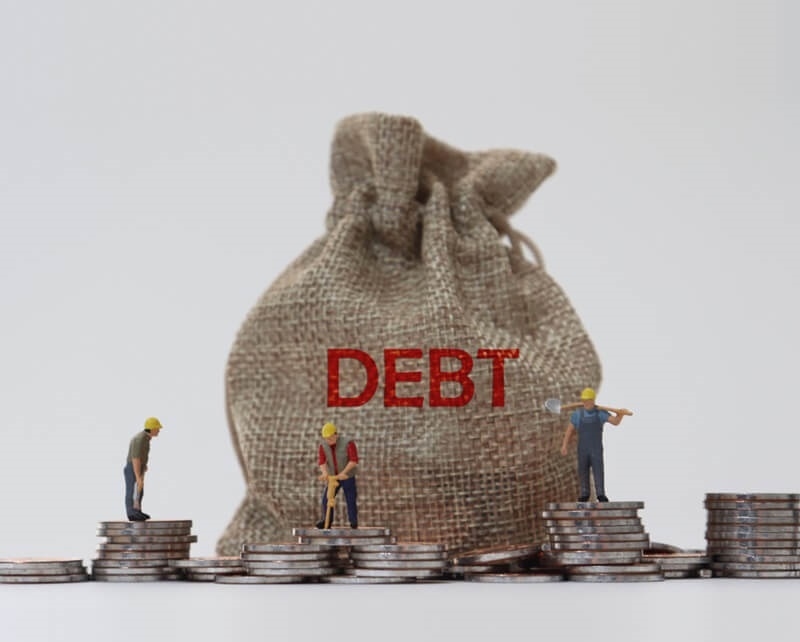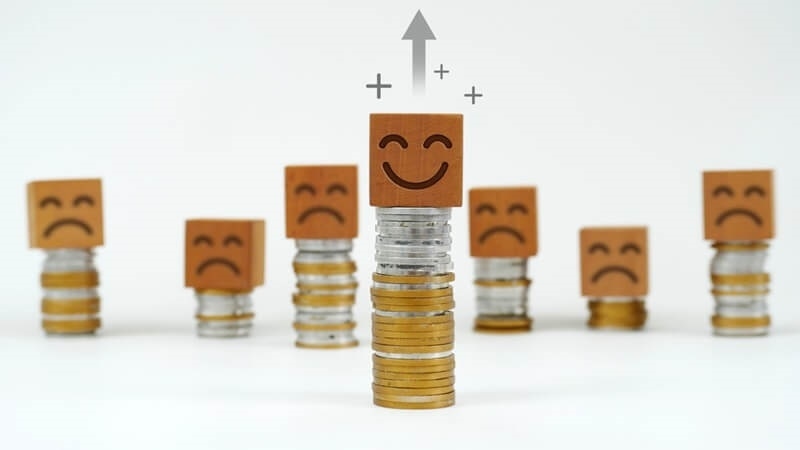
Paying off debt when you’re not raking in six figures can feel like trying to bail water out of a sinking boat with a coffee mug. Every time you make a dent, another bill shows up. Sound familiar?
The good news? You’re not alone. The better news? You don’t need a massive income to start getting ahead. All it takes is a smart plan, some grit, and a bit of creativity.
Let’s walk through how to pay off debt fast with low income—without losing your mind or giving up your life.
It starts with brutal honesty. How much do you actually owe?
Add it all up—credit cards, student loans, car payments, personal loans, everything. It’s easy to avoid the total, but you can’t fix what you won’t face.
Once you’ve got the numbers, plug them into a how long to pay off debt calculator. Don’t panic. This isn’t your forever. It’s just your starting line.

There are two main strategies people swear by:
If you love quick wins, go snowball. If you're motivated by numbers, go avalanche. Pick the one that’ll keep you going on the tough days.
This is not forever. Just long enough to get your footing.
Cut the fluff. Cancel unused subscriptions. Cook more at home. Say no to impulse buys (yes, even that “just one coffee” moment).
Use a budgeting app or notebook to track every dollar. Once you see where your money actually goes, it’s easier to take control.
And hey, don’t forget to leave a little space for breathing room. You’re human—not a robot.
Paying only the minimum keeps you stuck in debt jail.
Instead, pay the minimums on all debts except one. Then throw every spare dollar at that one until it’s gone. We’re talking side hustle money, birthday money, even cash you’d normally spend on takeout.
It might be slow at first. That’s okay. It’s not about speed—it’s about direction.
Tax return? Bonus? Rebate? Found $50 in your coat pocket?
Put it toward debt.
Yes, it’s tempting to splurge. But every extra dollar chips away at the total—and shortens the timeline.
Remind yourself: Freedom is better than fast fashion.
Trying to slash everything at once is exhausting. And it rarely works.
Instead, pick one area—like groceries—and focus on that for a month. Maybe you meal prep more. Buy in bulk. Cut down on food waste.
Once that feels normal, move to the next: transportation, subscriptions, entertainment.
Small wins compound. Over time, your whole budget gets leaner—without feeling like punishment.
Recommended Article: Mastering the Basics of Stocks vs Bonds for Smart Investing
This is the part most articles gloss over with a breezy “just get a side hustle.” But let’s be real: not everyone has hours of free time or energy after work.
Still, it’s worth exploring:
An extra $100 a month might not seem like much, but over a year? That’s $1,200 toward debt.
Debt can feel like a heavy, invisible backpack. It drains your energy, affects your sleep, and makes even good days feel slightly off.
Be kind to yourself. Some days you’ll want to give up. Other days you’ll kill it. The trick is to keep going anyway.
Celebrate small victories. Talk to someone if it gets too heavy. And remember—progress isn't always linear.
Apps like YNAB, Mint, or Goodbudget can help you stay on track.
But if spreadsheets make your eyes cross? Stick to pen and paper. The system matters less than the habit.
Set payment reminders. Automate transfers if you can. Just don’t overcomplicate it.
Sometimes, simple is what sticks.
Here’s the truth: debt payoff isn’t about numbers. It’s about freedom.
What are you fighting for?
Write it down. Stick it on your mirror. Make it your phone wallpaper. When motivation dips (and it will), your “why” pulls you through.
The fast track isn't always flashy. It's consistent. Imperfect. Boring, even.
But here's the magic: little steps, repeated often, become big change. That’s how to pay off debt fast—not with one massive gesture, but with 100 tiny ones that stack up.
Yes. It’s harder, no doubt. But not impossible.
That’s why this isn’t just about how to pay off debt with low income—it’s about doing it in a way that doesn’t break you along the way. One dollar at a time. One habit at a time.
And remember: even slow progress is still progress.
Okay, let’s zoom way out for a second.
People often ask, “If I’m struggling to pay off my credit card, how long will it take to pay off US debt?”
Short answer: probably longer than your lifetime.
But here’s the thing—that's the government’s mess. Focus on your own race. Worrying about the national debt won’t make your monthly payment disappear. But your plan can.
On a Related Note: Top 10 Beginner Investor Mistakes and How to Avoid Them
Getting out of debt when money’s tight isn’t easy. But it’s 100% doable.
Don’t compare your timeline to anyone else’s. Don’t chase perfection. And definitely don’t wait for the “perfect time” to start.
Start where you are. Use what you have. Do what you can.
The journey may be long—but every step puts you closer to freedom.
This content was created by AI